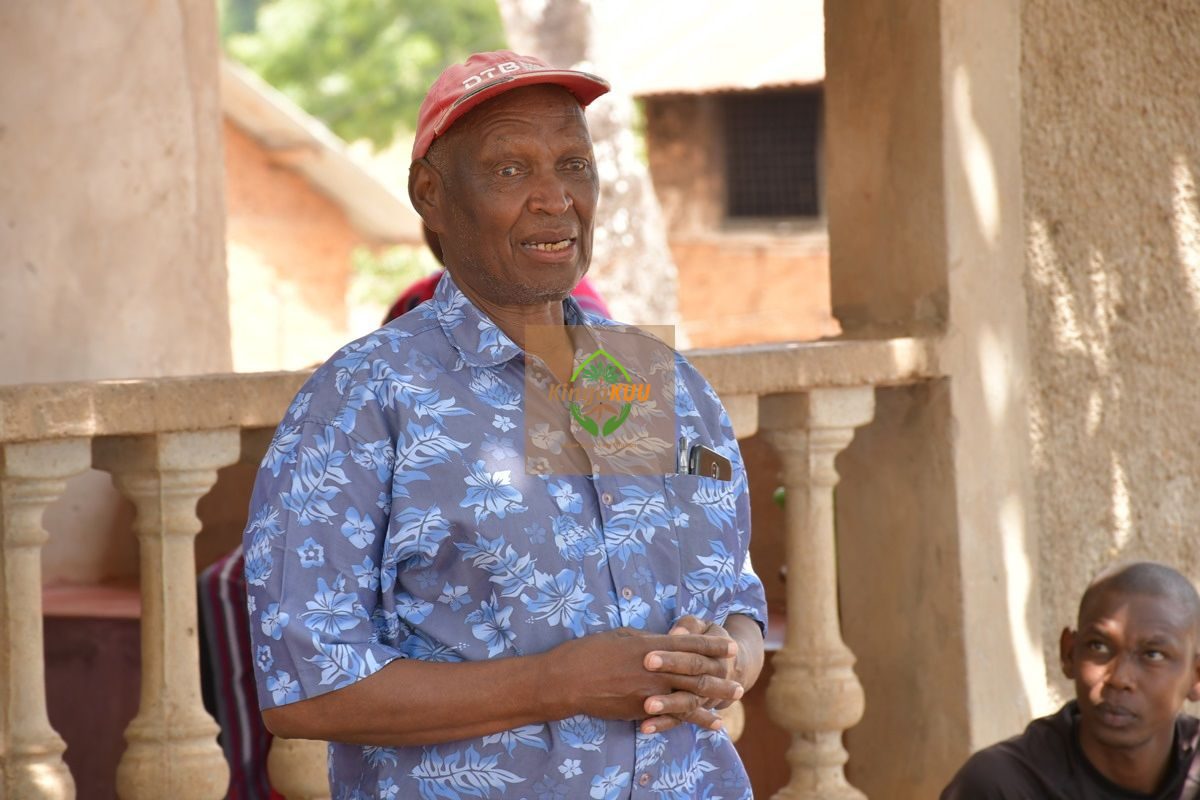Mr. Cosmas Mole has been undergoing training on cassava seed entrepreneurship through the VIRCA project for two years. So good has it been that Mr. Mole is now switching from farming maize for the first time and planting the Tajirika variety, a common variety among farmers in Kilifi County, coastal Kenya.
In his Kaloleni neighbourhood, most of the farmers grow maize. Mr. Mole has a 4-acre farm that he has dedicated to the growing of maize.
But as a potential seed multiplier, he will now focus on cassava, and he says he is receiving the seeds for his first planting towards the end of October 2024. Once he supplies the farmers, he will retain some for the following season.
Mr. Mole wants to invest in this cassava project in a huge way.
“I plan to lease between 5 and 10 acres in the future to plant the cassava cuttings for a bigger commercial project,” he says.
Mr. Mole says that the Tajirika seed promises very high yields in the first season, but he has heard concerns that it reduces weight with successive re-plantings.
“Some people are now focusing on the older variety because of that, the weight loss that comes in subsequent seasons. They are going for the traditional variety Kabandameno, which has better taste but lower yields and is very susceptible to viral diseases,” he says.
Over his first season, Mr. Mole and the team will be monitoring how the crop behaves, and thereafter, in following seasons, monitor where it loses weight, and why.
The KingaKuu variety, which is at national performance trials, will be a game-changer, he says. For the increased yields, higher resistance, and shorter maturity periods, it will be a huge improvement for the farmers, and could drag many farmers out of poverty.


